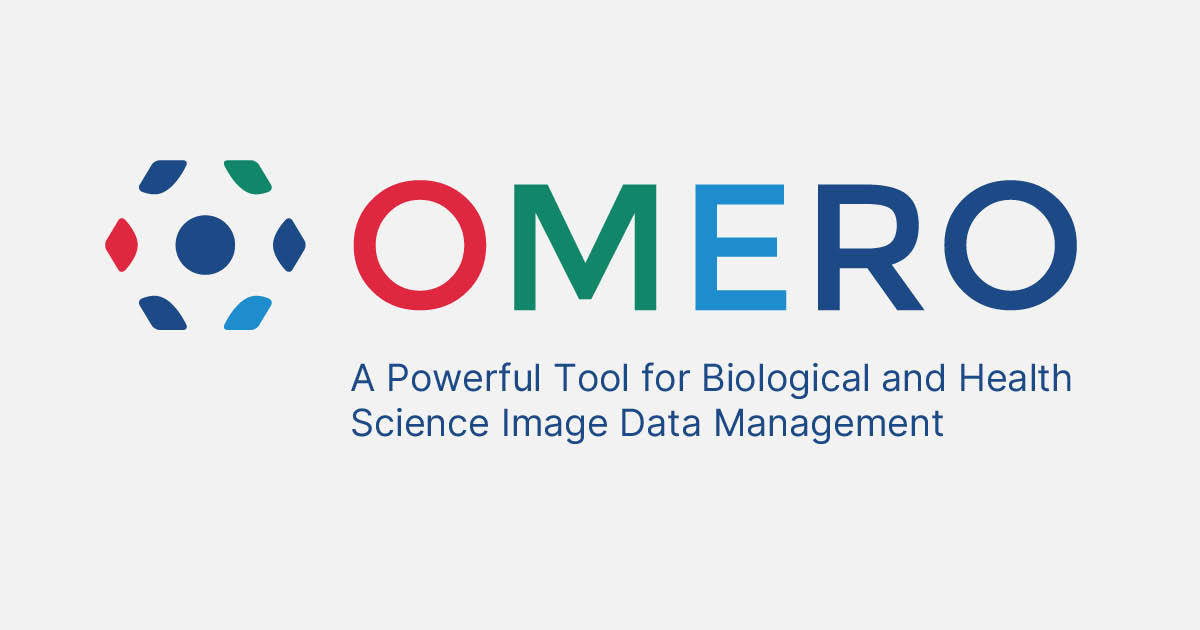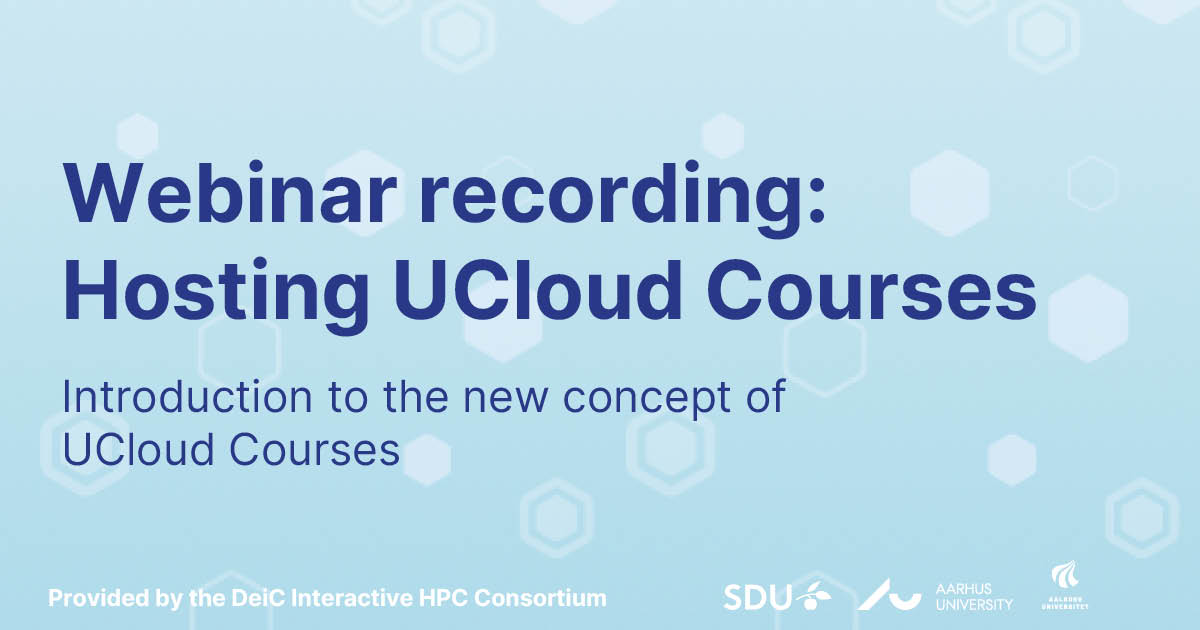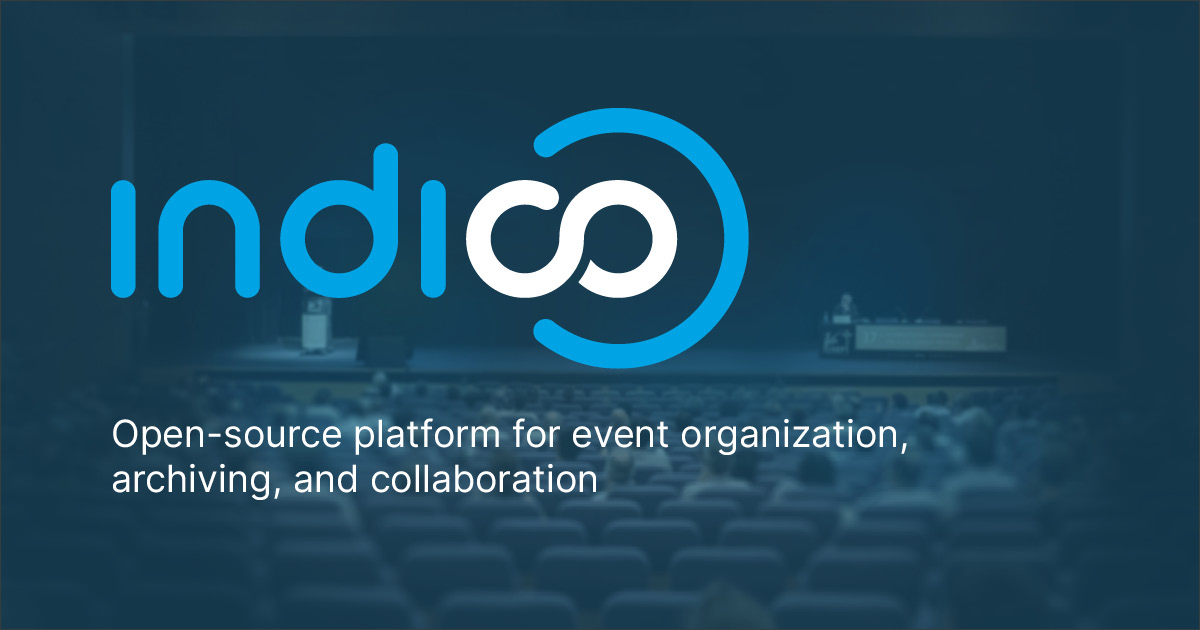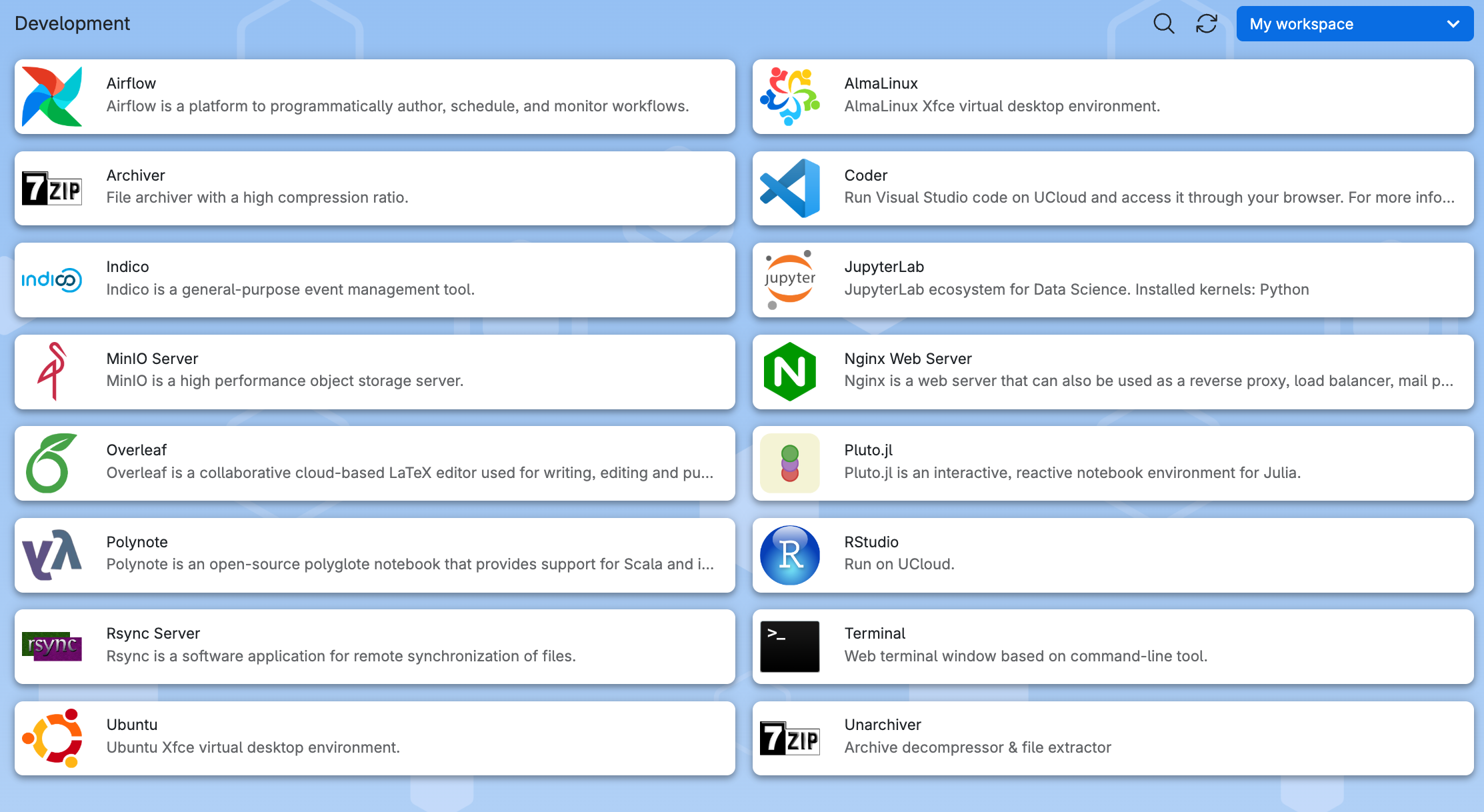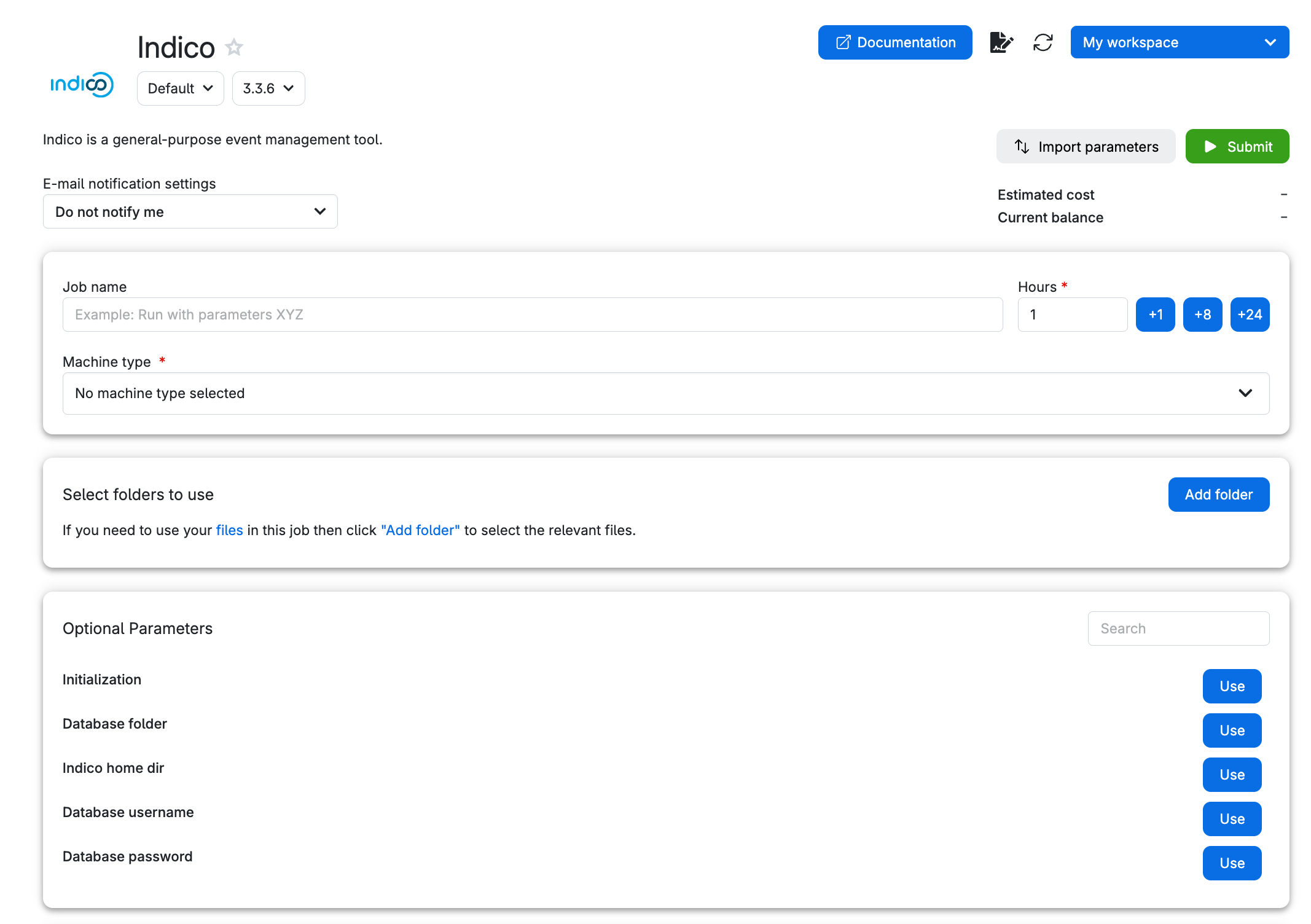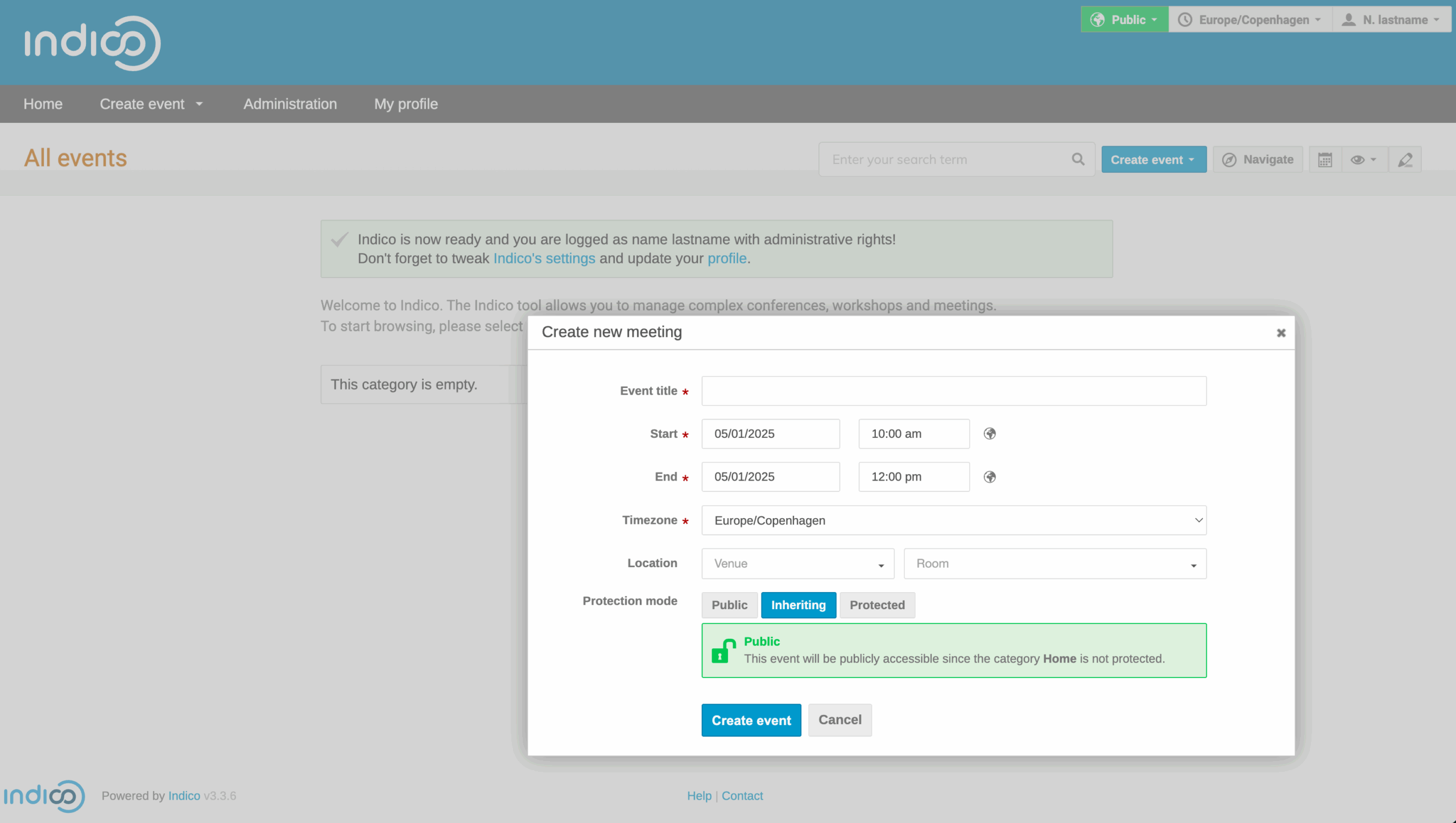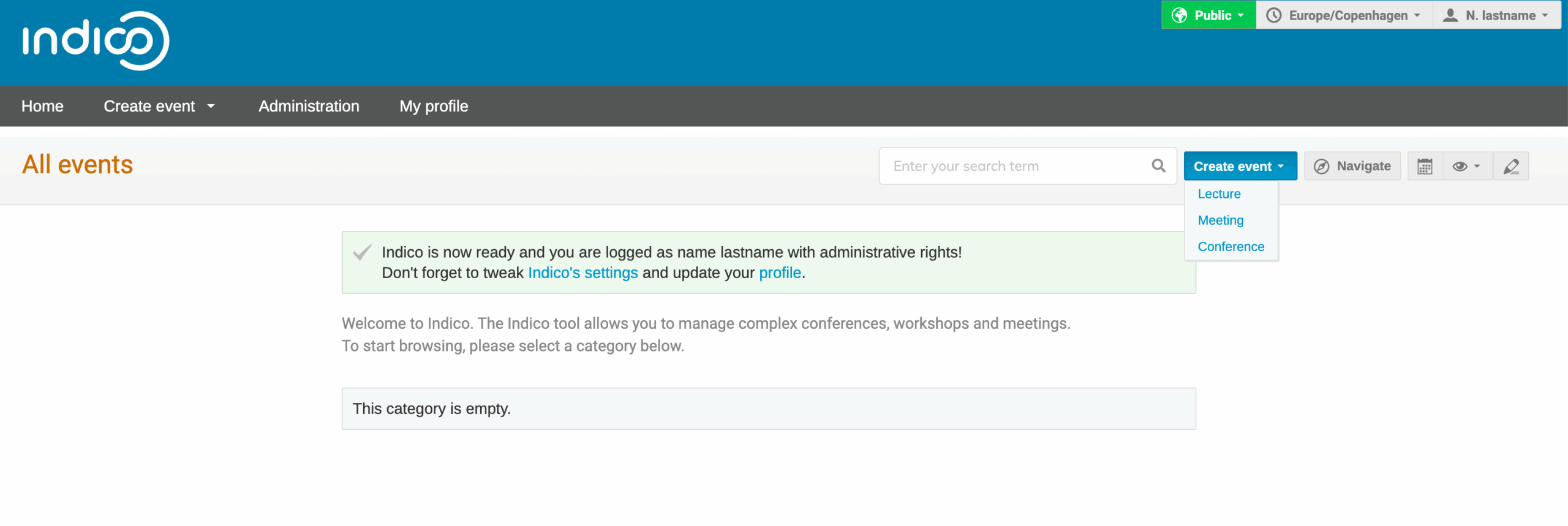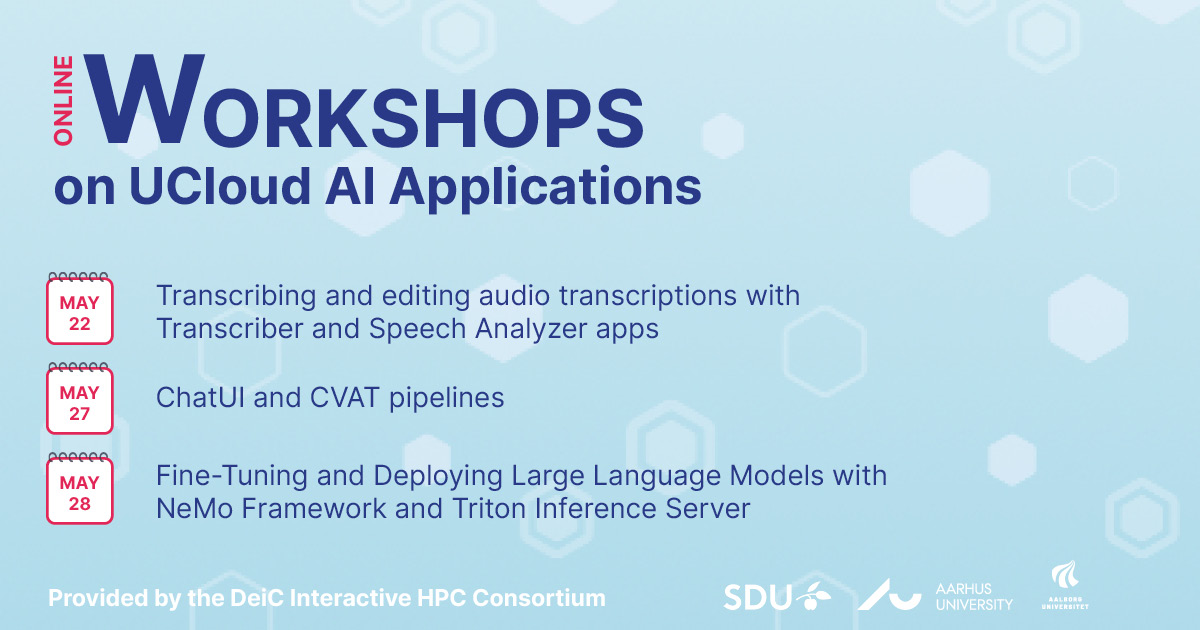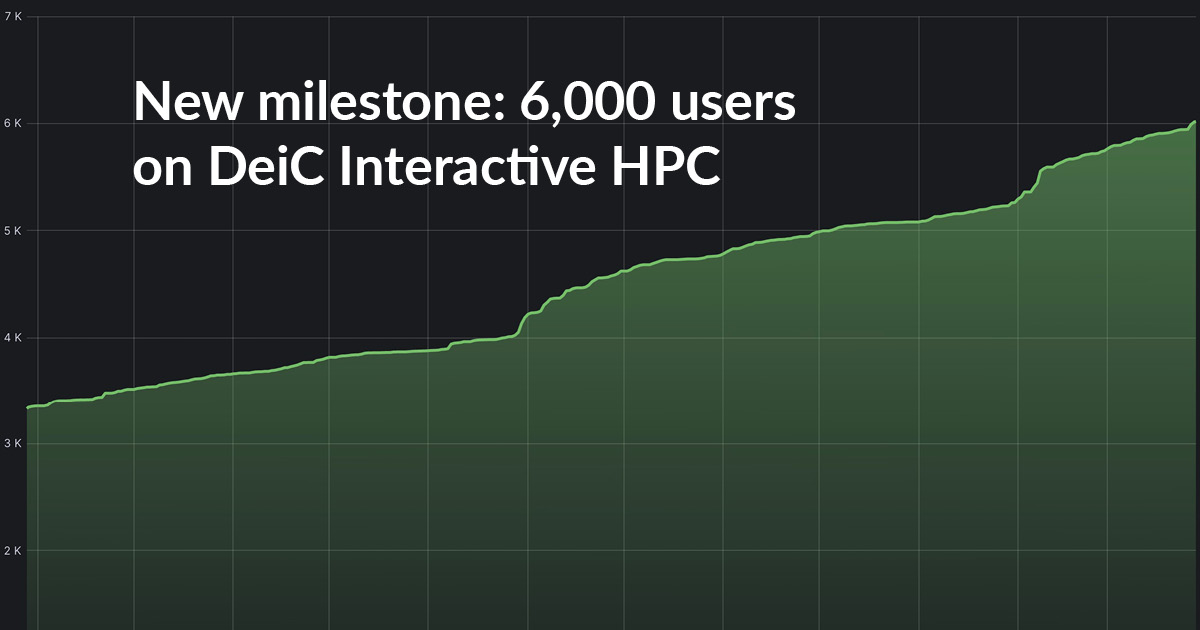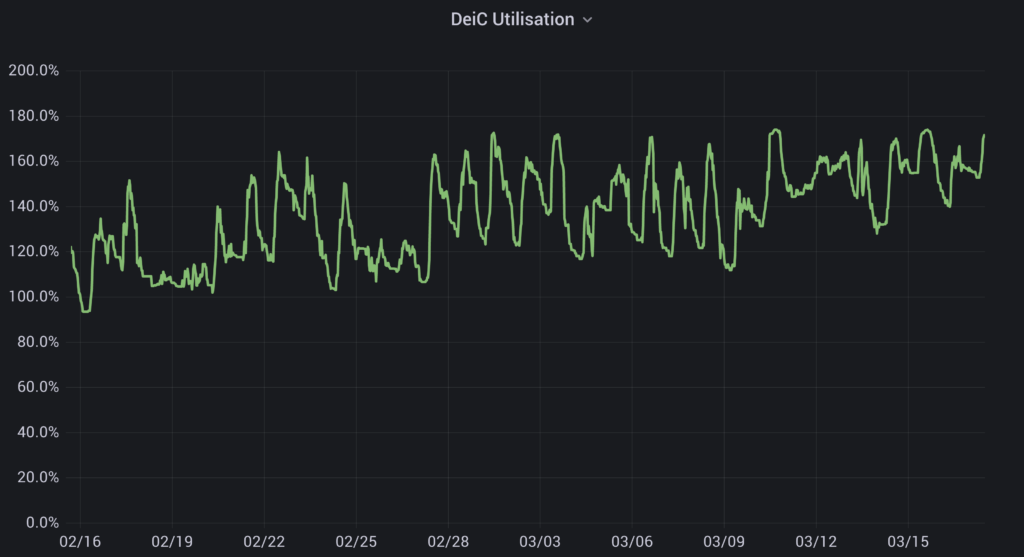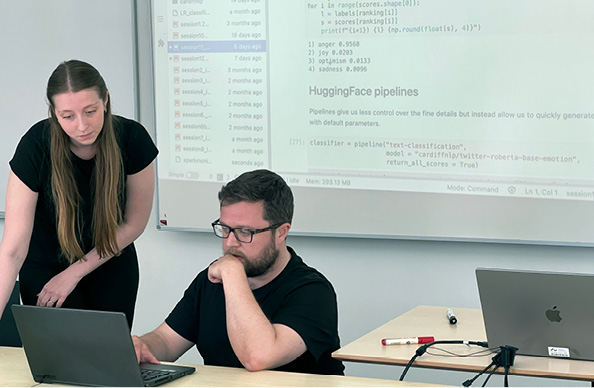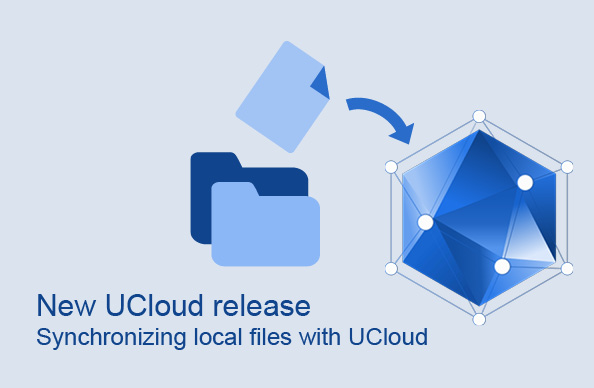A Powerful Tool for Biological and Health Science Image Data Management
The DeiC Interactive HPC – UCloud Consortium introduces OMERO on UCloud. OMERO is a robust open-source image data management system tailored for biological research and health science. Designed to handle vast volumes of microscopy images and their associated metadata, OMERO empowers researchers to store, organize, visualize, and analyze imaging data with precision and ease.
What is OMERO?
OMERO (Open Microscopy Environment Remote Objects) is a comprehensive solution for managing biological and health science imaging data. Whether you’re working in digital pathology, cellular biology, or any other imaging-intensive field, OMERO provides a secure repository to support your research workflows.
“The microscopic images that biologist and health scientists typically work with have a lot of pixels and can be extremely heavy. With Omero on UCloud, you not only have the possibility of storing your images on UCloud, but you can also create storage groups and give different permissions. This is extremely helpful for large projects where the PI can divide images into smaller groups or projects and see statistics of how each project is progressing,” says Dr. Federica Lo Verso, Computational Scientist at the SDU eScience Center’s research support team. Federica has been the developer in charge of implementing the OMERO app on UCloud.
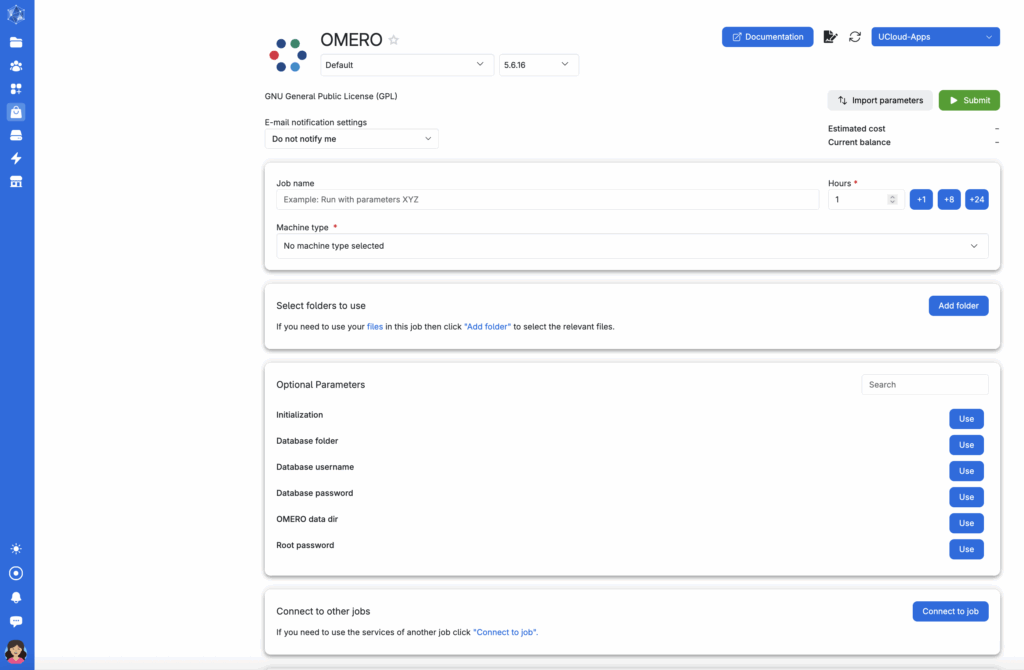
Key Features of OMERO
- Image Management
OMERO serves as a secure repository for diverse imaging datasets, ensuring that your data is organised and accessible from anywhere.
- Multi-Format Support
Powered by Bio-Formats, OMERO supports over 150 proprietary and open-source image formats, making it a versatile choice for labs with varied imaging technologies.
- Secure Collaboration
OMERO includes robust permission controls, enabling safe sharing and collaboration across teams and institutions.
- Data Visualisation and Analysis
Built-in tools allow users to display, annotate, and explore image data interactively, enhancing interpretation and insight.
- Publication Tools
OMERO.figure simplifies the creation of high-quality figures for presentations and publications, directly from your image datasets.
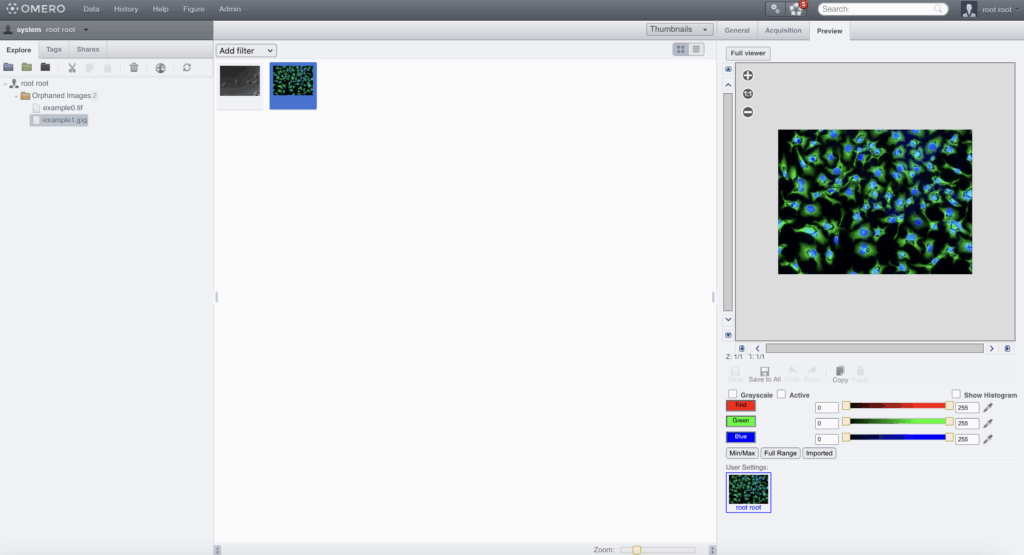
Why Use OMERO on UCloud?
Deploying OMERO on UCloud offers significant advantages:
- Scalable Storage Resources
UCloud provides access to vast and flexible storage, ideal for handling the large datasets typical in biological imaging.
- Suitable for Sensitive Data
UCloud’s secure architecture makes it well-suited for handling sensitive or confidential research data, ensuring compliance with data protection regulations.
- Integrated Research Environment
OMERO on UCloud integrates seamlessly with other tools and services, supporting collaborative and reproducible research.
- Accessibility and Performance
With UCloud’s high-performance infrastructure, researchers can access and process their data efficiently from anywhere.
Whether you’re managing terabytes of microscopy images or preparing figures for your next publication, OMERO on UCloud is a game-changer for biological research. Start exploring its capabilities today and elevate your data management workflow.

